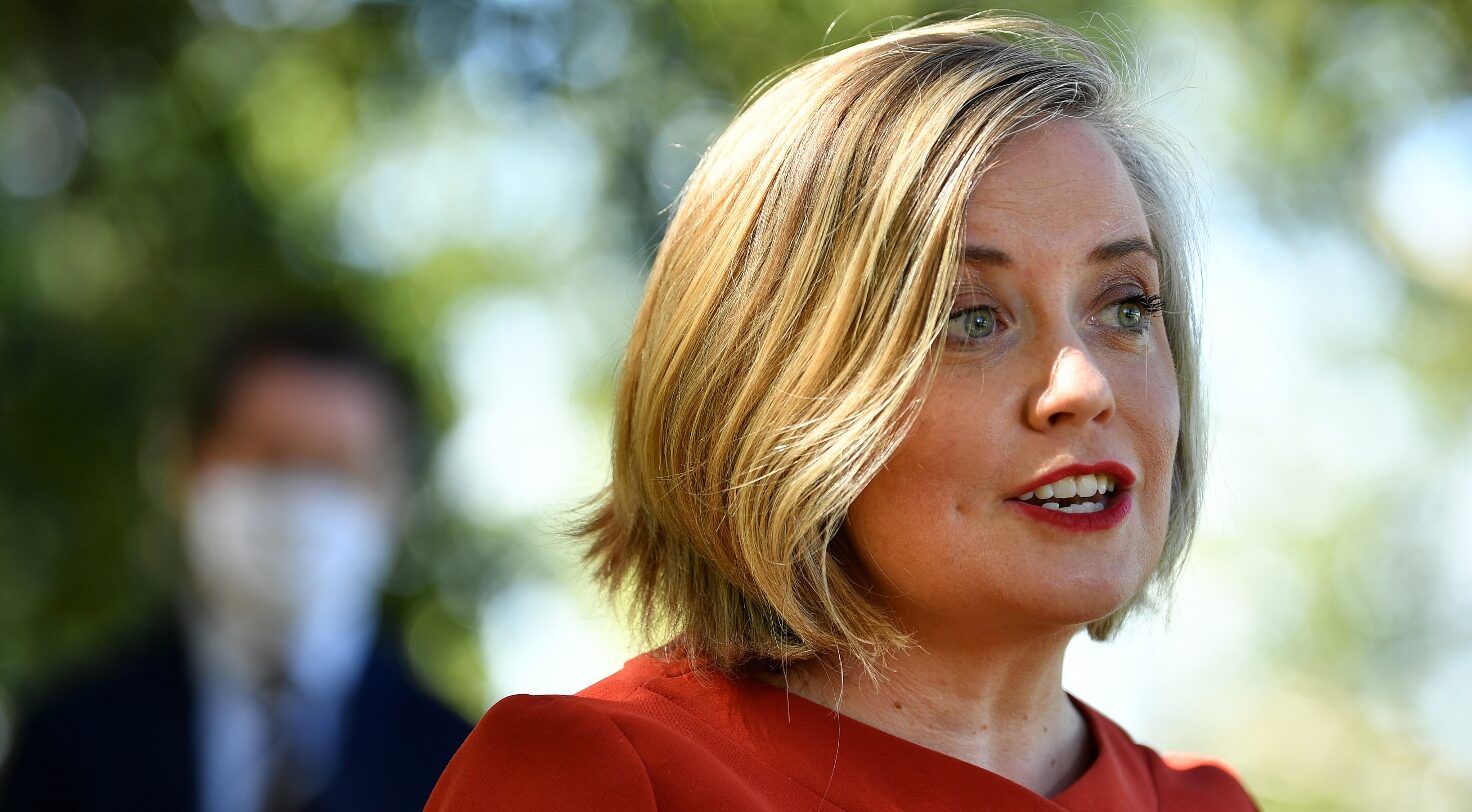
Health experts want sex work decriminalised nationwide
BY ALEX MCDONALD
Sydney sex workers are less likely to have chlamydia than those in the wider community, a recent study has found.
The survey of 4000 sex workers also showed that Sydney prostitutes have fewer sexually transmitted diseases than sex workers in states where prostitution is either illegal or regulated.
The author of the study, Professor Basil Donovan from the University of NSW, said he was not surprised by the findings.
“The rate [of chlamydia among Sydney sex workers] is lower than it is for Canberra school girls,” he said.
The study found the infection rate was about two per cent among Sydney sex workers, compared to five per cent in the general population, with the majority of cases affecting those aged 15 to 29.
While complacency over STIs has led to an increasing number of infections among young people, the health of Sydney’s sex workers has significantly improved since prostitution was decriminalised in 1995.
Chlamydia and HIV infection are rare, and drug use is less prevalent, particularly among prostitutes working in brothels. “Street workers have more problems generally related to their drug use,” Professor Donovan said.
Experts now say that NSW is attracting increasing numbers of foreign sex workers because of its reputation for fairer conditions and less corruption.
Policy adviser for the Aids Council of NSW (ACON) and the Sex Workers Outreach Project (SWOP), Maria McMahon, said 18 per cent of Sydney sex workers hail from Asian countries such as China and Korea.
“The Australian sex industry is considered an attractive workplace when you’re coming from places like South Korea where [sex work] has been criminalised,” Ms McMahon said. “Many of those women are travelling overseas and coming back with stories of a better system.”
Although working conditions have improved for the city’s prostitutes, decriminalisation has not completely removed the stigma attached to sex work.
“There are enduring myths about the health of sex workers,” said Sydney Hospital sexual health specialist Dr Chris Bourne.
As a spokesman for the recent Sexual Health Week, Dr Bourne said the reduced rates of sexually transmitted infection among sex workers show that sustained education and awareness programs eventually cut through.
“For sex workers it’s in their professional interests to be healthy and well,” he said. “Motivating the rest of the community is a bigger challenge.”
On the back of his study, Professor Donovan is now calling for the decriminalisation of prostitution Australia-wide.
“Back in 1991 we used to have infection rates as bad as Africa,” Professor Donovan said. “I’m not inclined to compliment the [NSW] Government, but decriminalisation meant we could give care on an individual basis.”
Professor Donovan added that decriminalisation has meant there are fewer illegal immigrants being exploited as part of the sex trade.
“If you go back 10 or 15 years there were many illegal sex workers,” he said. “But these days many women are here on student visas. Two thirds have a legitimate right to work.”
Maria McMahon said the sex industry in NSW is a good model to follow because it takes the police “out of the picture”. She said ACON would support Professor Donovan’s call to decriminalise sex work nationally.
“We want these workplaces to be just like any other,” she said. “We don’t need more men regulating women who work as sex workers. It’s not the most constructive relationship.”









